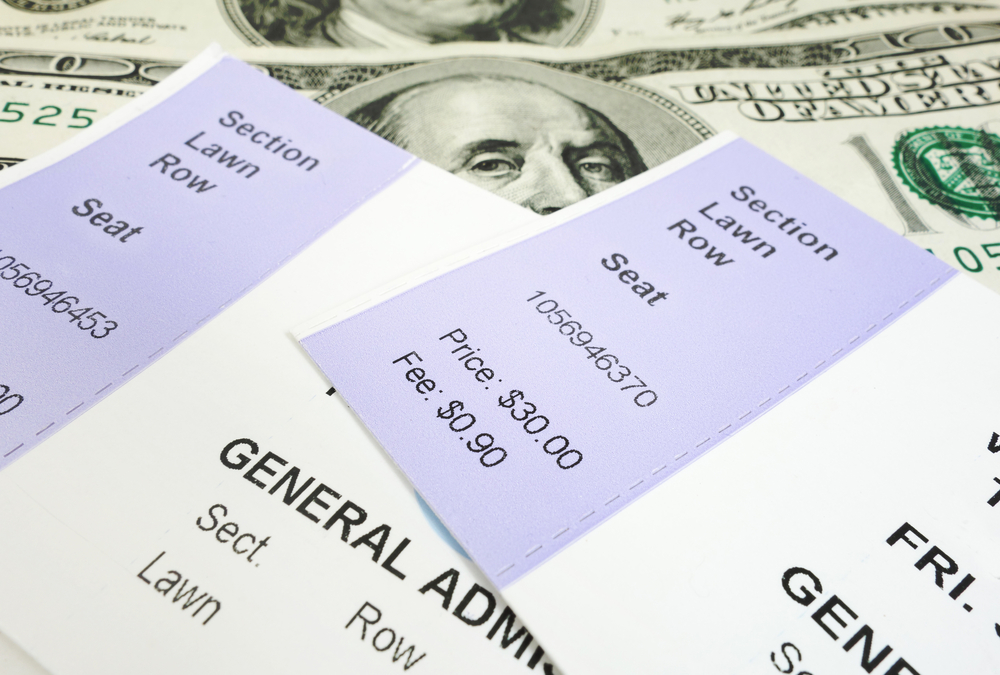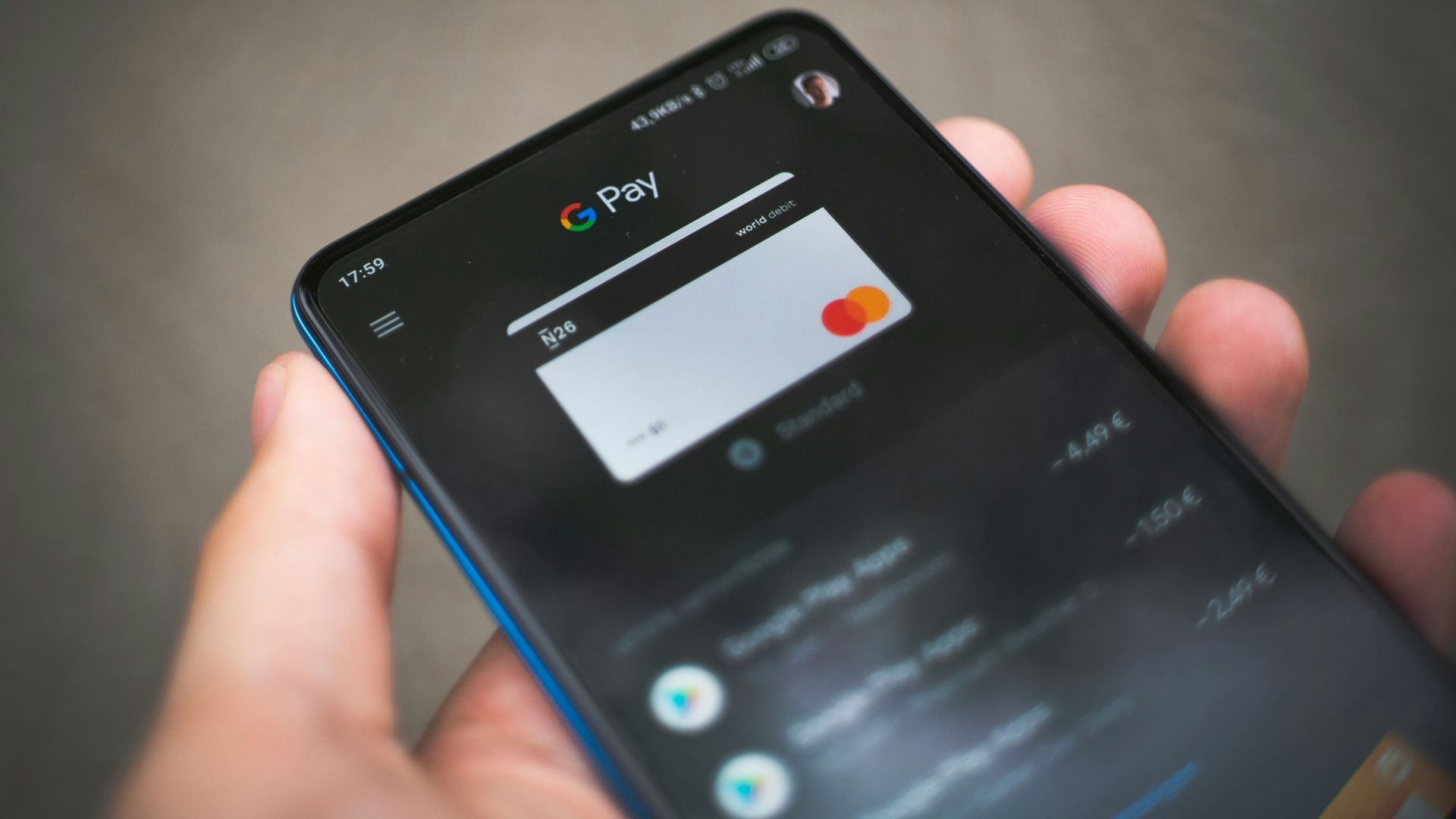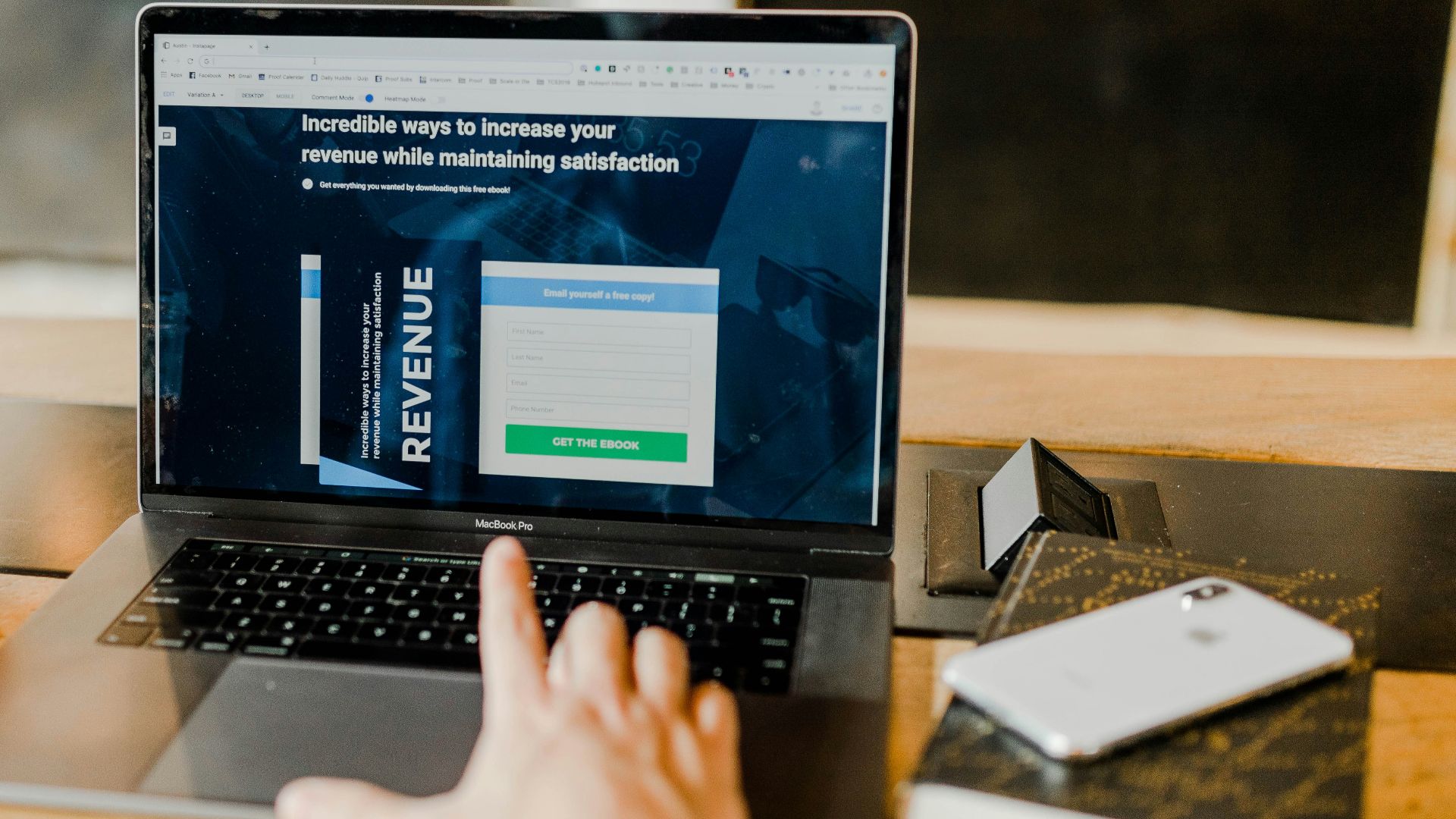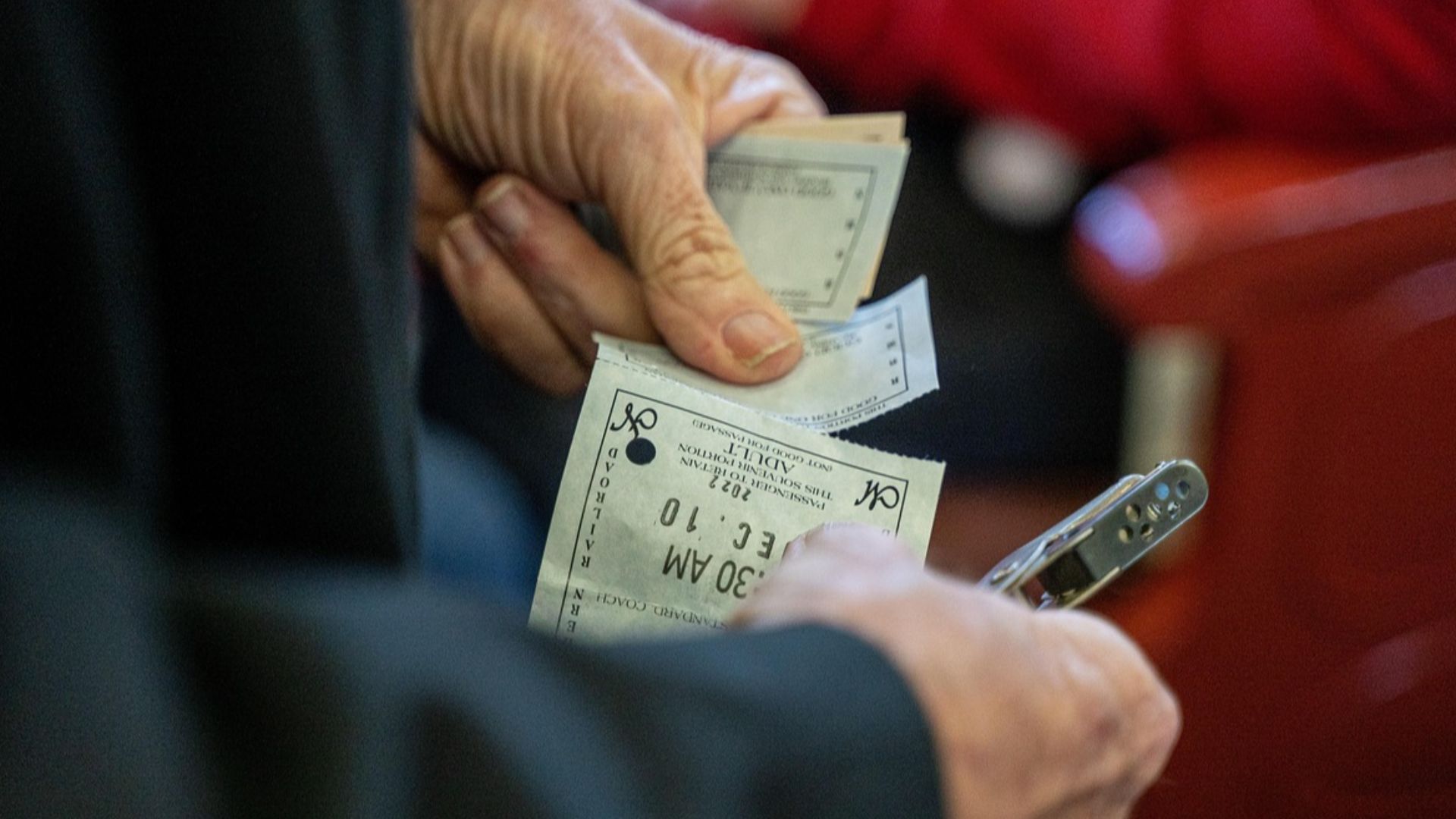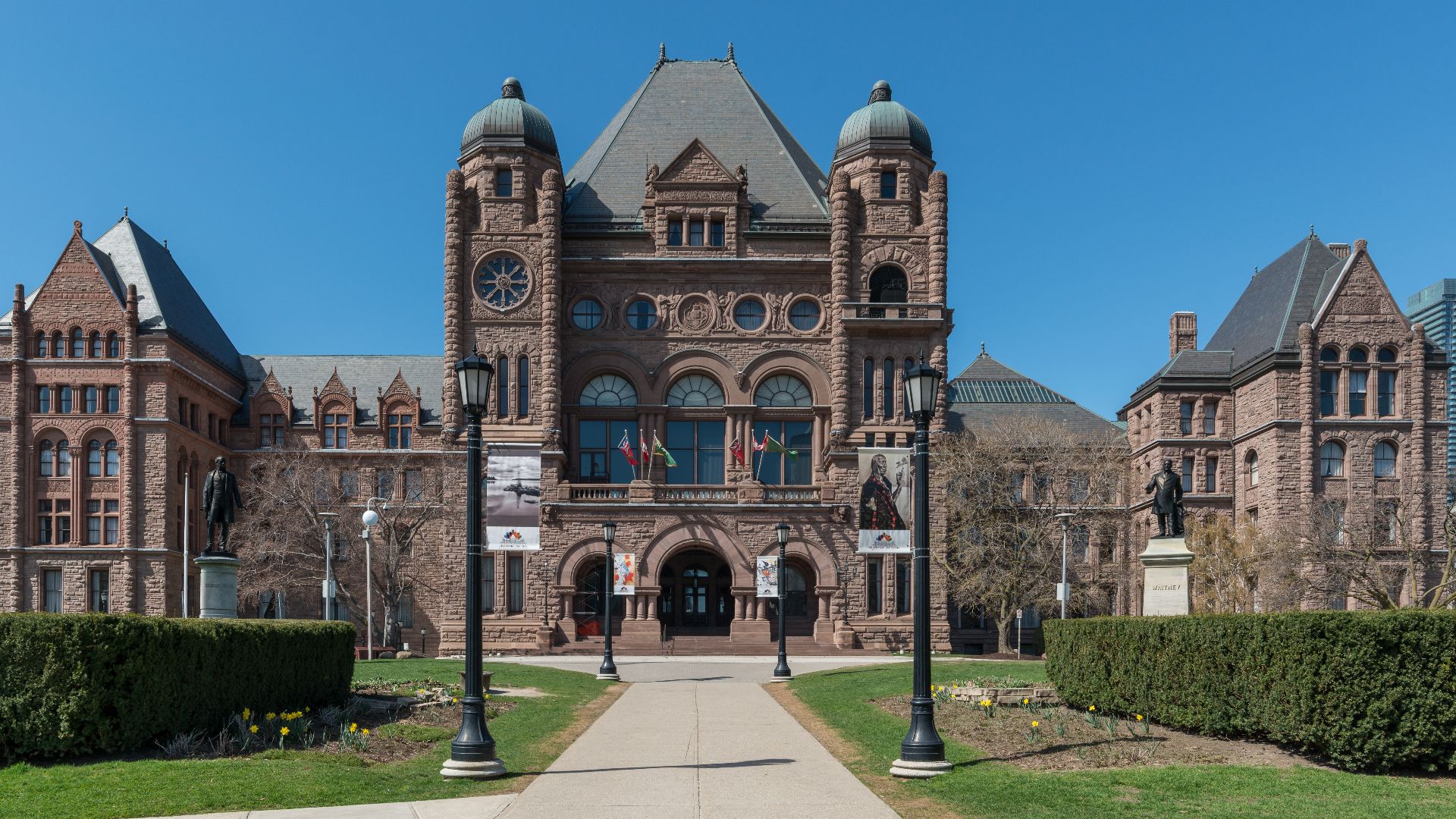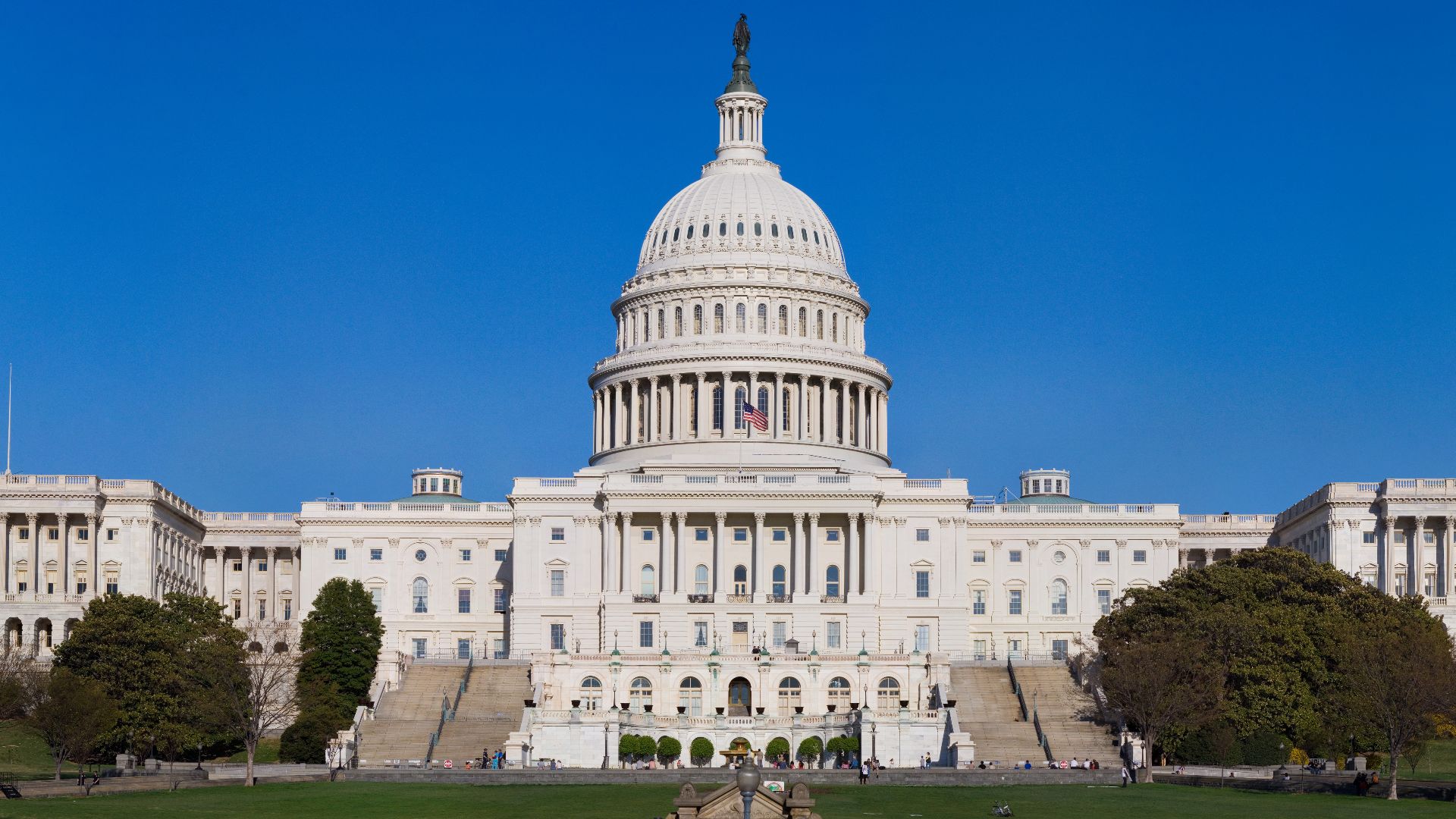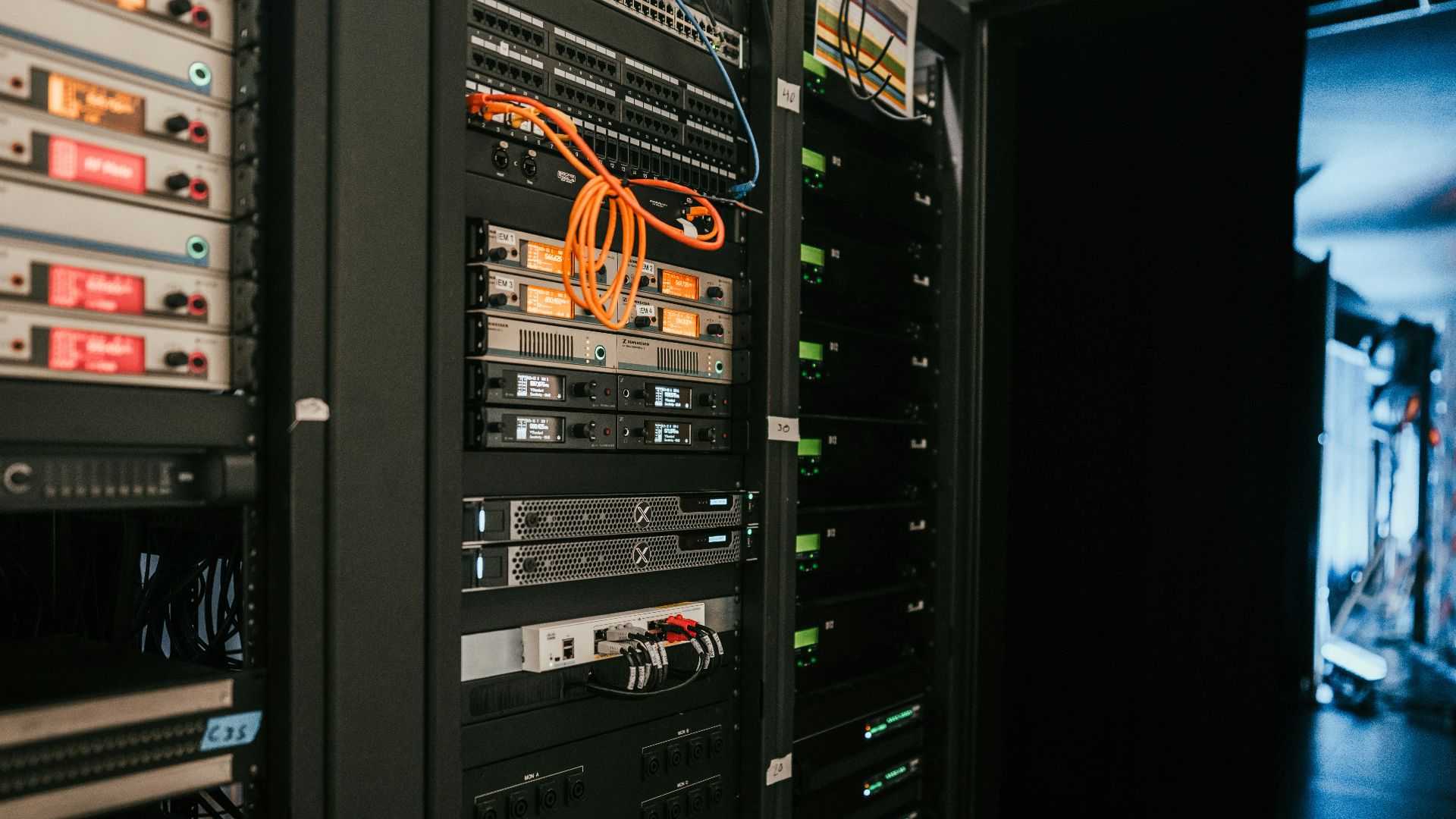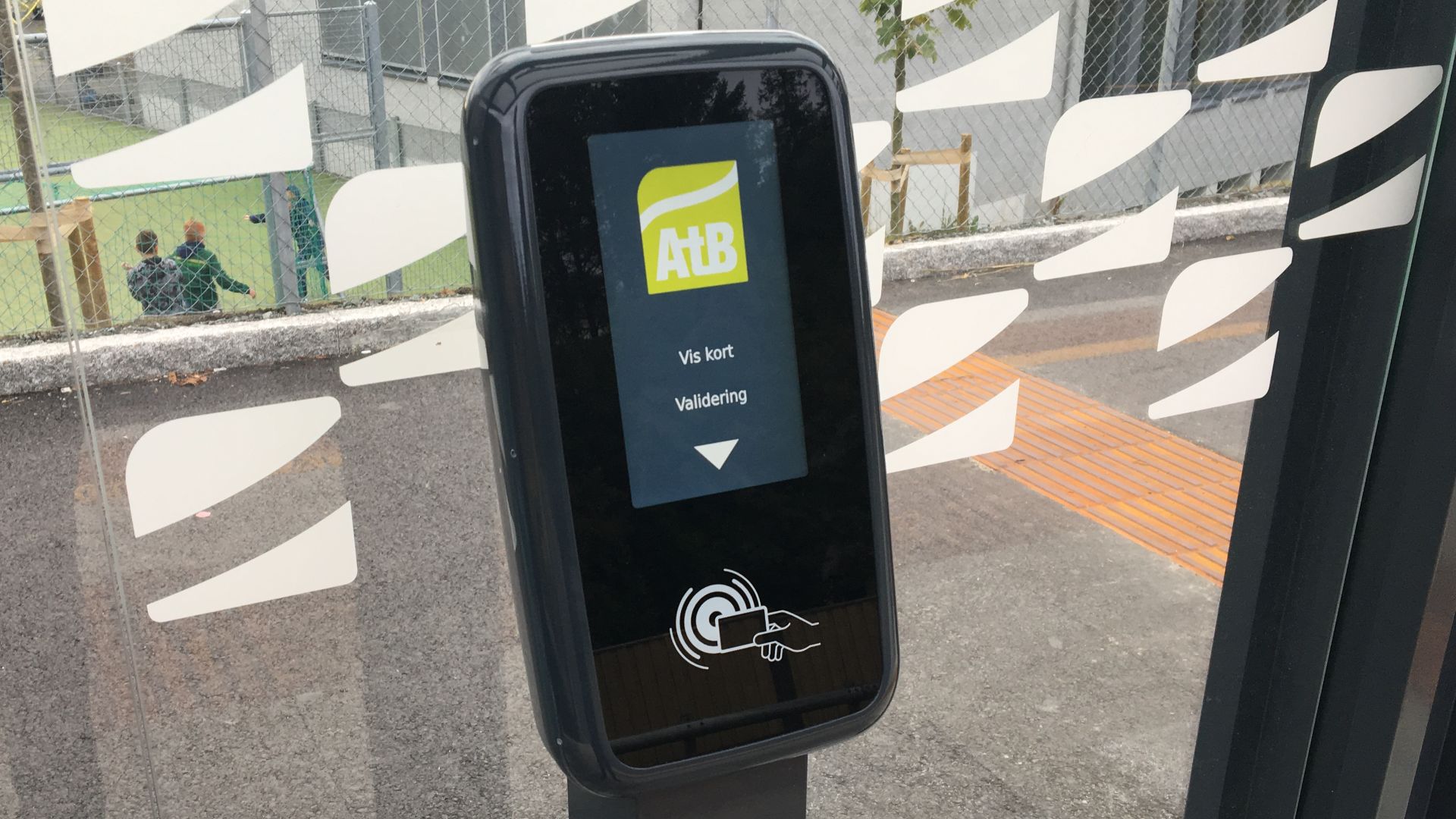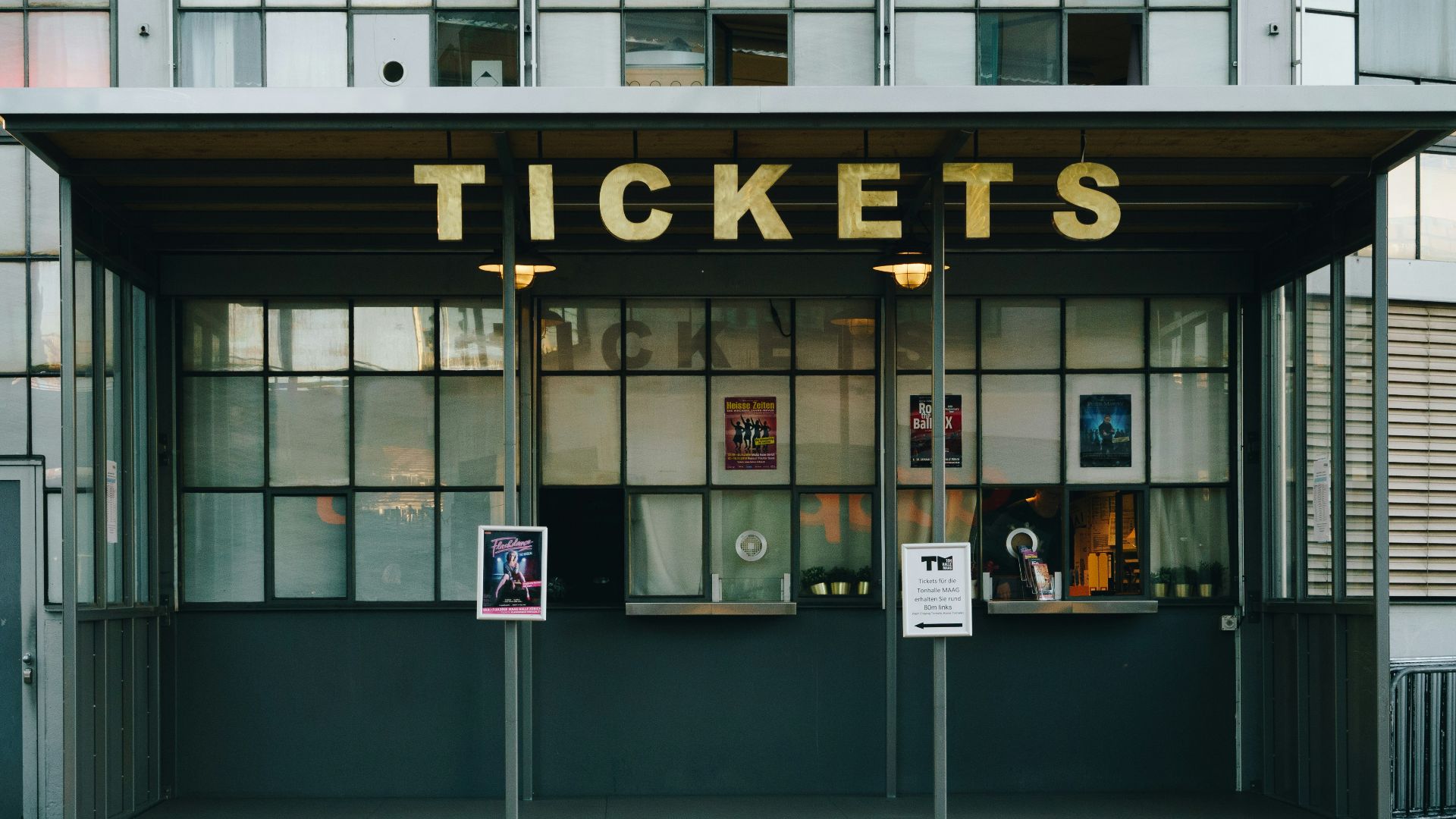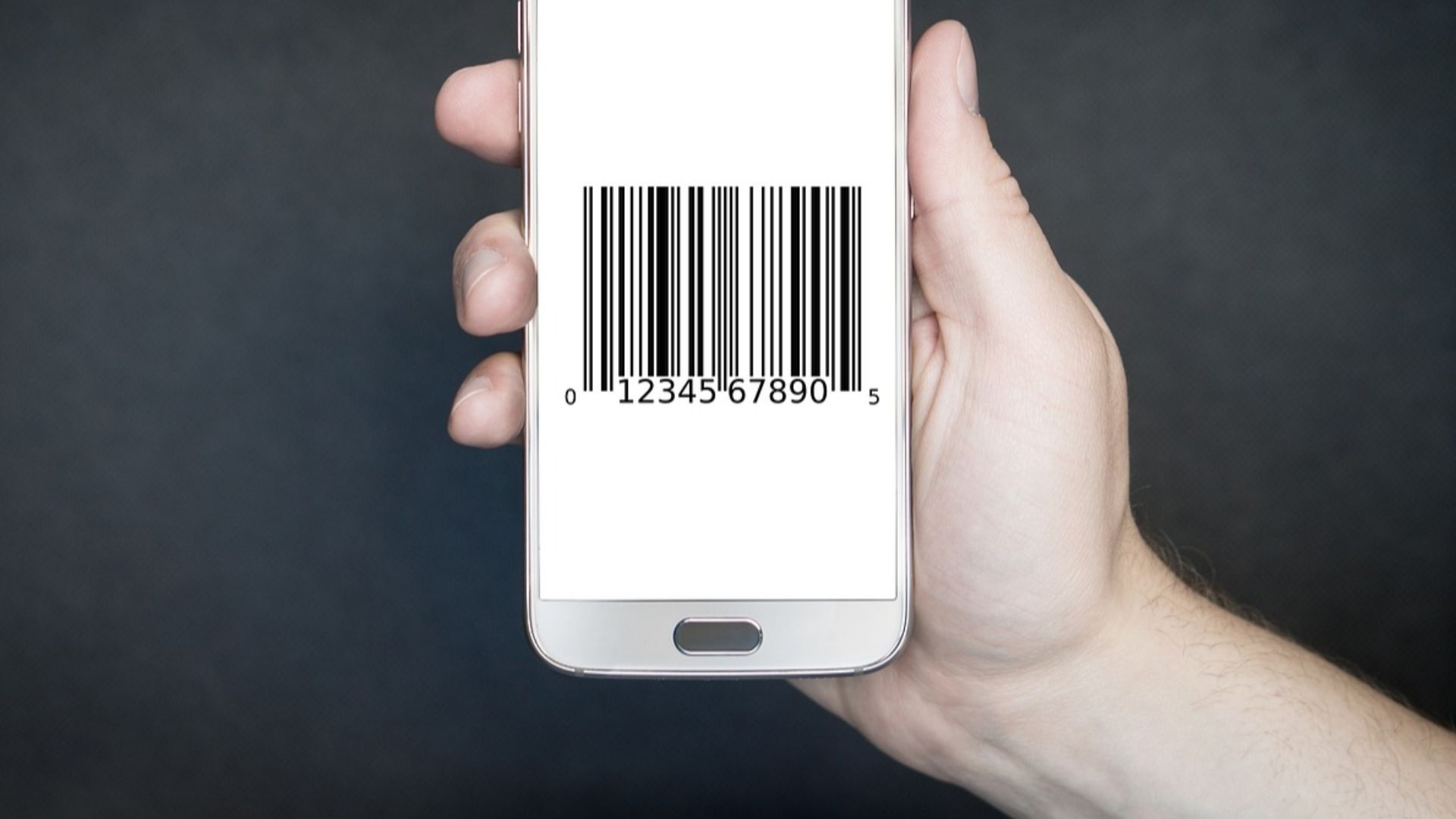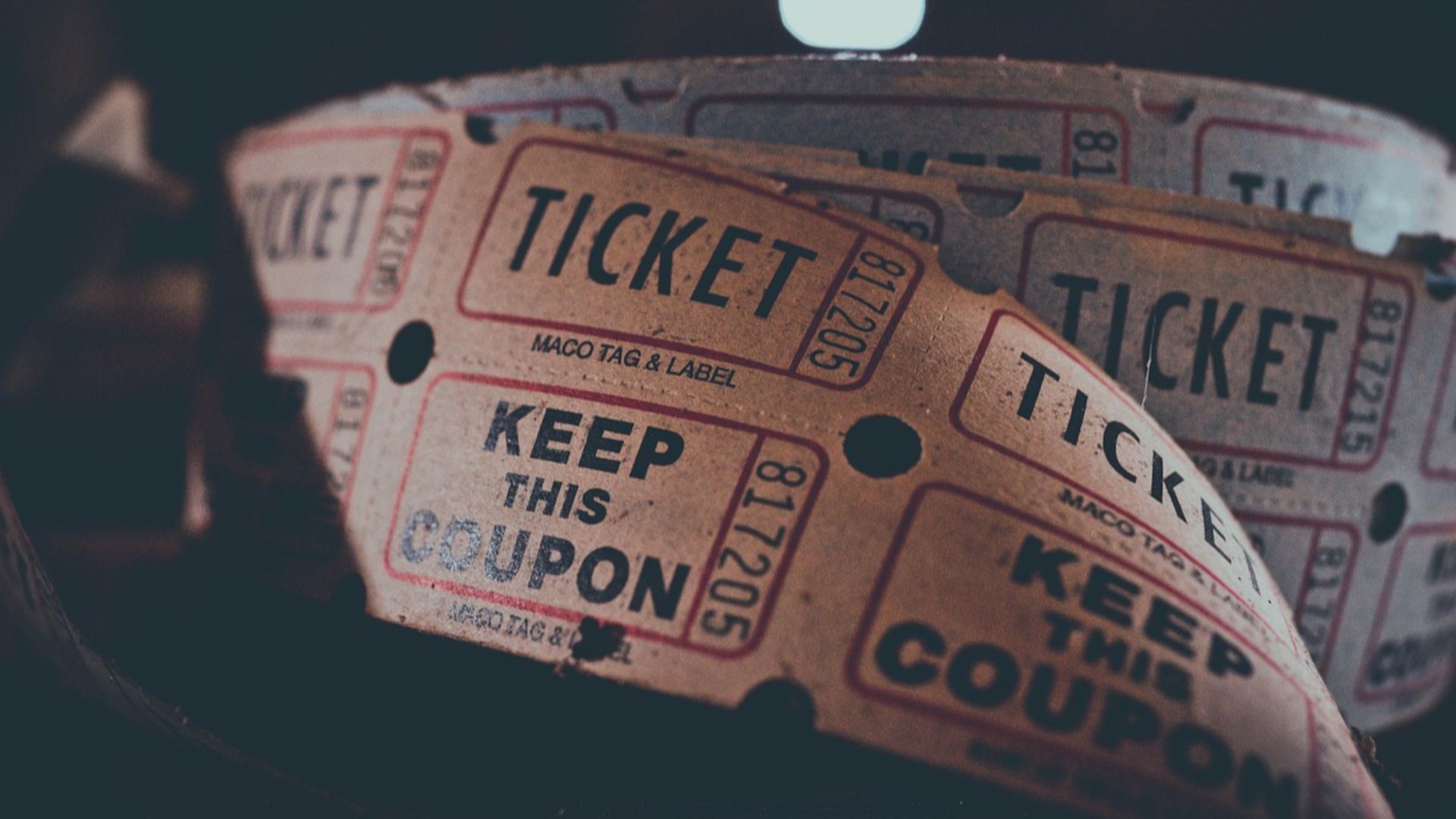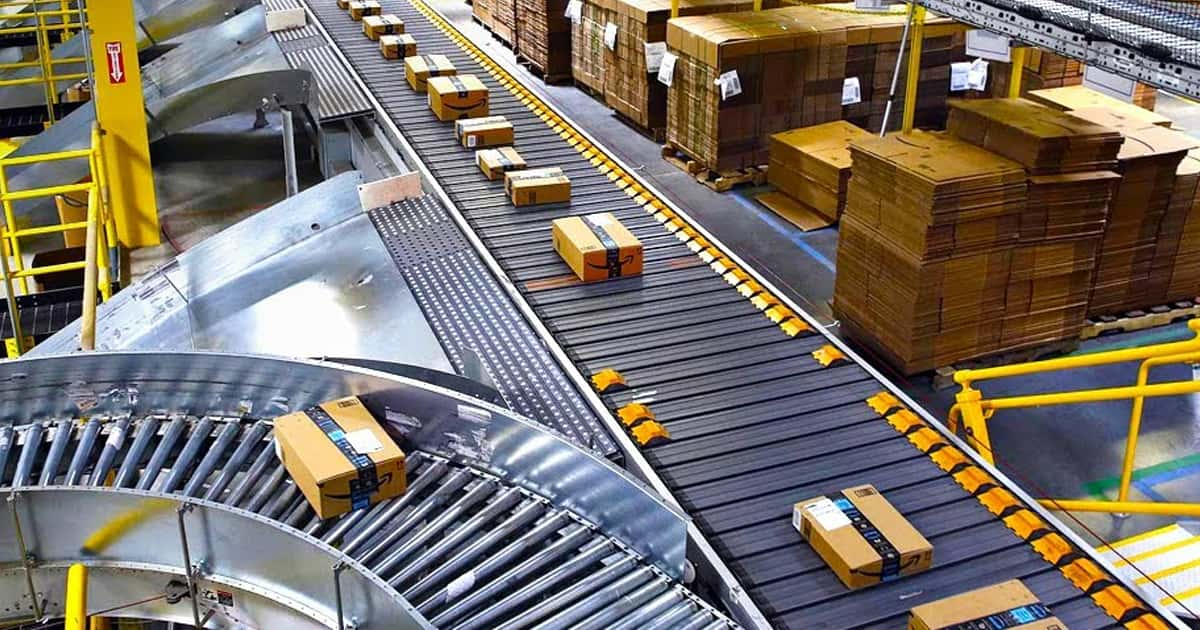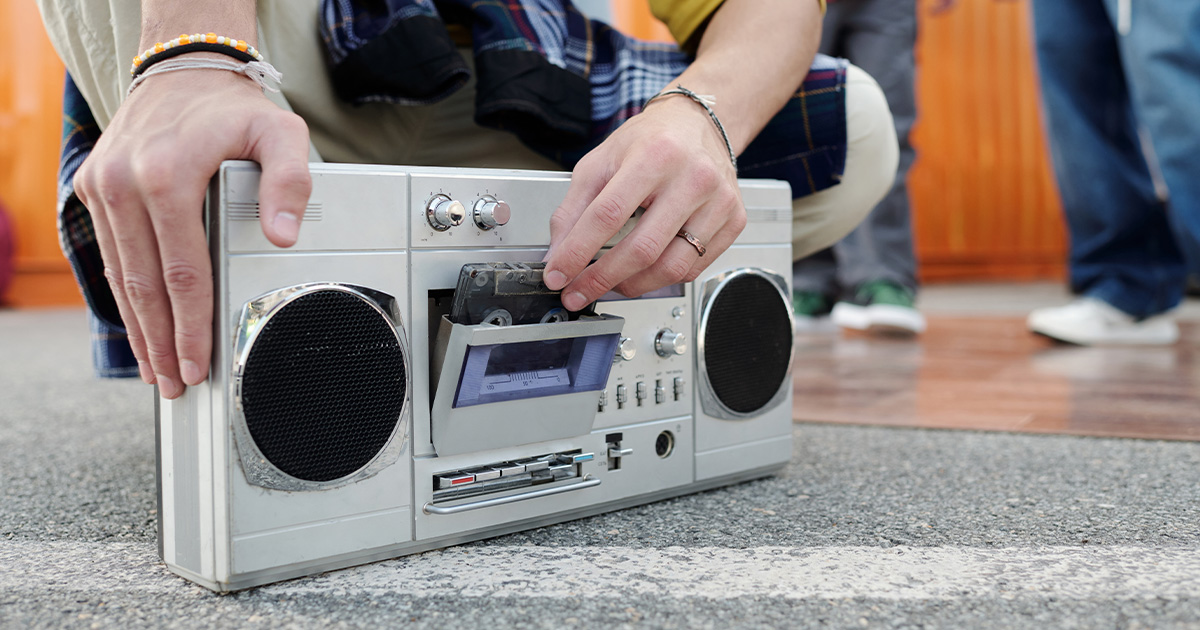When A Game Ticket Costs More Than A Week’s Groceries
When tickets for the 2025 World Series in Toronto sold for hundreds, or even thousands of dollars above face‑value, it wasn’t just demand driving the price. Behind the scenes lurks the complex machinery of ticket scalping: bots, brokers, resale platforms, regulatory gray areas, and event organisers who all stand to gain from the markup. We look at the ticket resale ecosystem, who benefits from it, and what’s being done about it.

What Is Ticket Scalping?
Ticket scalping, aka “the secondary resale market”, refers to buying event tickets at face value or early access and reselling them at a higher price to make a handsome profit. While many people argue that it’s the free‑market in action, many others see it as unfair to genuine fans who are faced with paying grossly inflated prices.
How Scalpers Snatch Tickets Before Fans
Scalpers deploy AI bots and scripts to purchase large blocks of tickets within seconds of their release. These automated digital tools mimic human buyers, but they act at superhuman speed, often locking out regular human consumers before they can even get to the checkout.
 Procreator Global UI UX Design Agency, Unsplash
Procreator Global UI UX Design Agency, Unsplash
The Role Of Bots In Modern Ticketing
A ticket‑bot can complete hundreds of transactions in the blink of an eye, sometimes securing thousands of tickets in one fell swoop. The use of bots has turned many ticket launches into a high‑speed race in which regular fans just can’t compete.
Why Platforms And Resellers Profit
Secondary resale platforms charge a commission or fee each time a ticket changes hands. Platforms benefit from this inflated activity, while event organizers may set the initial face‑value of the tickets low in order to generate hype and resale upside.
Primary Ticket Platforms Benefit
Primary ticket platforms may partner with or tolerate brokers and bots to ensure high sales volume and resale activity, capturing the fee revenue both on initial sale and all the subsequent resales. These platforms have been alleged to turn a blind eye to the use of bots.
The Nub Of The Problem: Supply‑Demand Imbalance
When event tickets are initially underpriced or their supply is low relative to demand, arbitrage opportunities come up for resellers. Scalpers exploit this imbalance by buying early and reselling later at market‑driven higher prices.
The Legality Of Resale Depends Where You Are
Whether ticket scalping is legal depends on the jurisdiction. Some regions broadly allow resale; others cap the mark‑up or ban bots. Buyers and sellers need to check local laws before assuming any resale is legit.
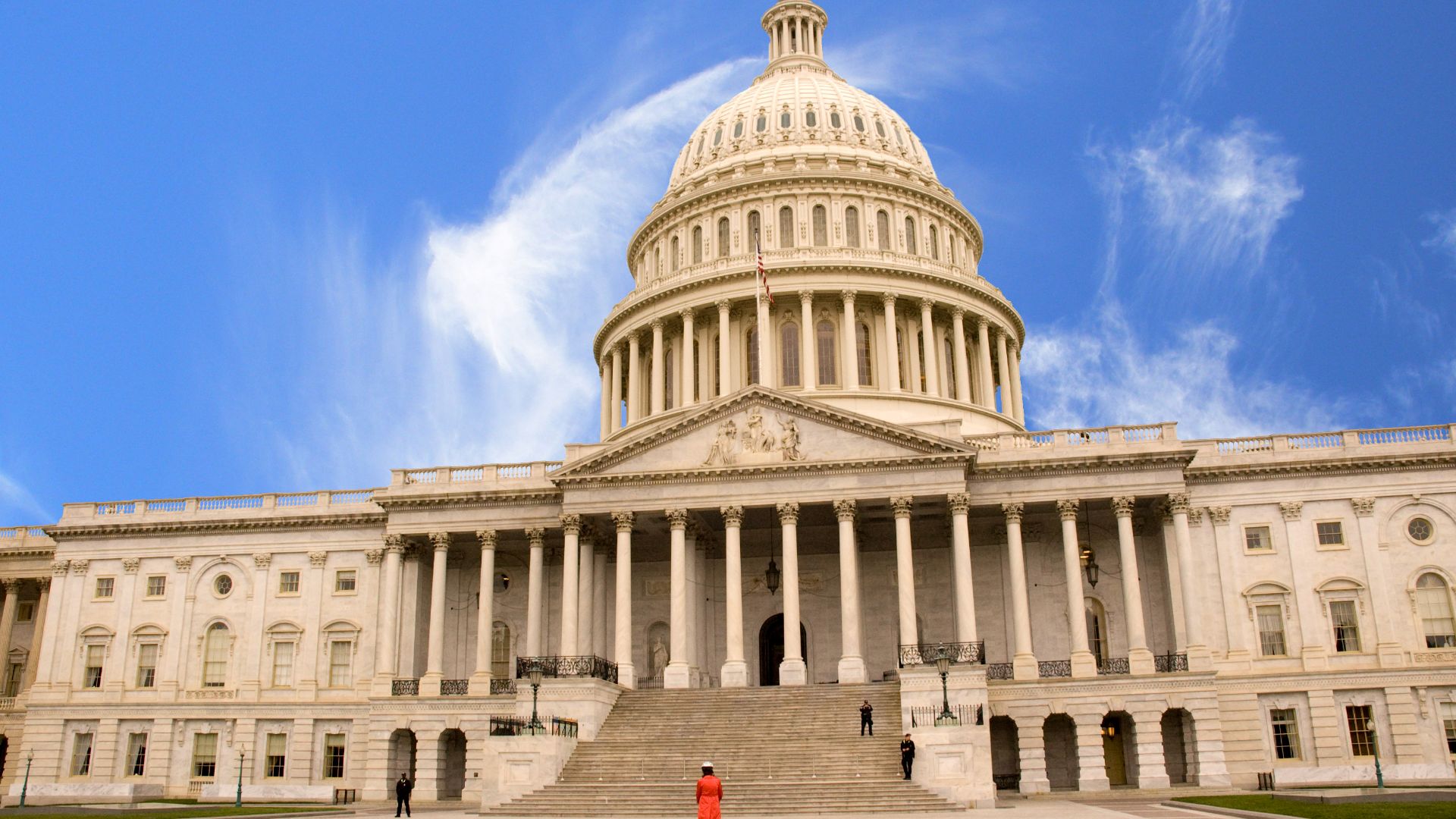 David Maiolo, Wikimedia Commons
David Maiolo, Wikimedia Commons
Canada’s Legal Framework On Bots
In Ontario, the Ticket Sales Act bans ticket‑buying bots and knowingly selling tickets obtained via bots. Violations can carry fines up to $50,000 for individuals.
Canada’s Regulatory Action On Deceptive Pricing
The Competition Bureau of Canada did an investigation that found ticketing companies had engaged in deceptive pricing practices and hidden fees. This highlights how opaque and unfair secondary markets can be for consumers.
US Legislation: The BOTS Act
In the US, the Better Online Ticket Sales (BOTS) Act was signed into law in December 2016 with the goal of prohibiting resale of tickets bought with bots. It imposes fines (up to US$16,000) for certain bot‑based offences.
Attempts By Governments To Curb Scalping
Various jurisdictions have brought in laws to require transparency of ticket face value, banning bots, and limiting resale mark‑ups. Enforcement is still a challenge and resale platforms are notorious for their ability to adapt quickly to change.
Why Enforcement Is So Difficult
Bots often operate across borders, through multiple accounts and proxy servers, so that identifying and prosecuting each actor is highly resource‑intensive. Also, a lot of these resale platforms operate globally, complicating jurisdiction and regulatory reach.
Ethics And Impact On Fans
When scalpers buy early and resell at inflated rates, it’s the true fans that end up paying the price; sometimes even two or three times the face value. This erodes access, trust and fairness in the live‑event ecosystem, and contributes to a general sense of cynicism in the public.
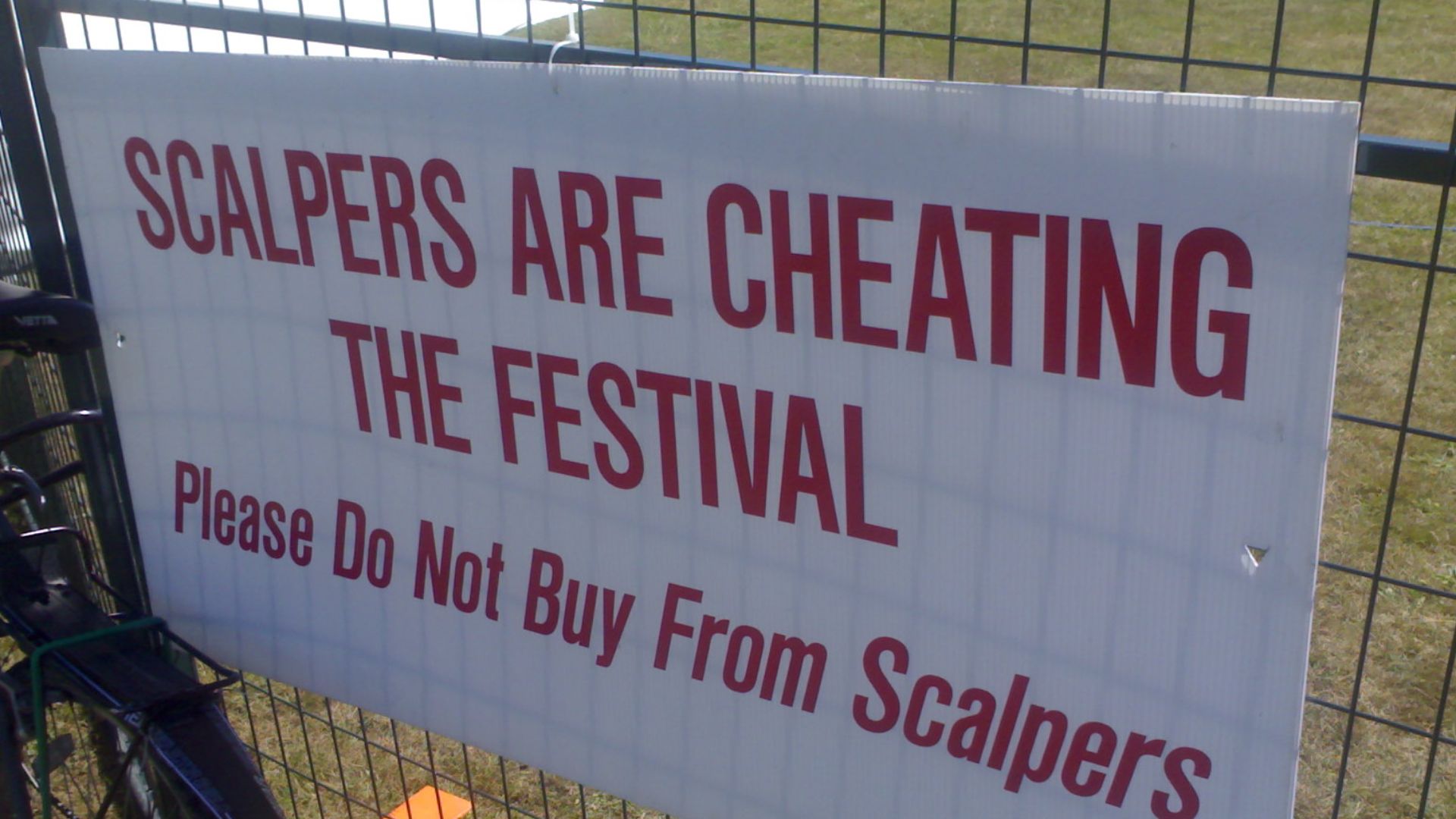 Richard Eriksson, Wikimedia Commons
Richard Eriksson, Wikimedia Commons
Event Organizers And Artists Respond
Some artists use fan‑only presales, dynamic pricing or non‑transferable tickets to cut down on the scalper influence. Others promote face‑value resale platforms or require ID at the gate of the venue.
Transparency And Disclosure
Regulations increasingly require that sellers disclose the original face‑value, fees and reseller identity. For example, in British Columbia, Canada, the provincial Ticket Sales Act mandates specific disclosures. These kinds of transparency measures can help consumers to assess ticket value and legitimacy.
Secondary Market Risks: Fraud And Doubt
Reselling tickets at huge mark‑ups increases the risk of buying counterfeit tickets, double‑selling or invalid entries. Buyers may unwittingly purchase worthless or void tickets when dealing with unscrupulous scalpers or opaque ticket resale platforms.
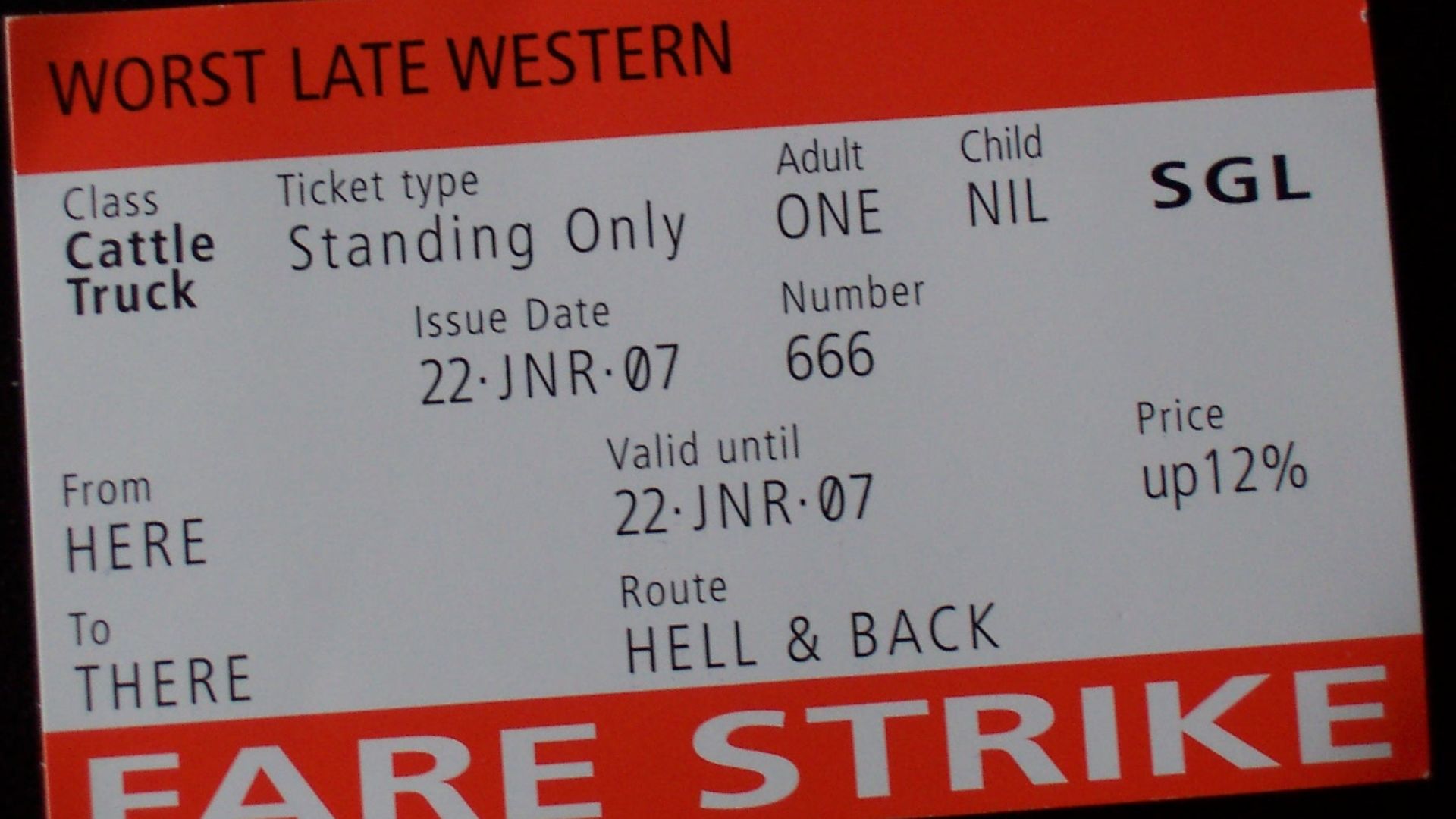 The original uploader was Deipnosophista at English Wikipedia., Wikimedia Commons
The original uploader was Deipnosophista at English Wikipedia., Wikimedia Commons
Platforms That Could Change The Model
Research suggests a fully integrated primary‑and‑resale platform model could bring in more revenue for organizers while reducing scalper incentives. Some academics think that this might bring the interests of event hosts, platforms and fans into alignment rather than promoting adversarial resale markets.
What Consumers Can Do To Protect Themselves
Always buy your tickets through verified primary platforms, stay away from last‑minute high‑markup resales, and check up on the seller’s reputation. Get to know the face‑value and any additional fees. Lobby for stronger consumer‑protection laws, and support practices that limit bot‑access.
The Path Forward: Reform And Innovation
Policy makers, platforms, and artists are all experimenting with different solutions to this longtime problem: dynamic pricing, lottery systems, stricter bot deterrence, capped resales and integrated platforms. But the basic economics of scalping suggests the battle is far from over.
A Scalper’s Tilted Playing Field
Ticket scalping preys on imbalance, automation and opaque markets. While laws and platforms are always changing, the core challenge is still there: to ensure fair access, fairness and transparency so that fans get the seats, and not bots or brokers.
You May Also Like:
How This 25-Year-Old Makes $7,000 A Month From Her Side Hustle


